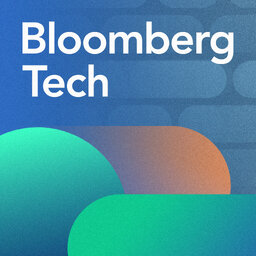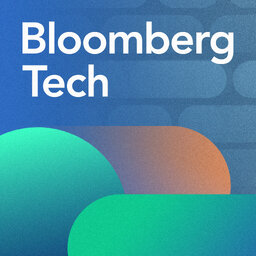Twitter's Edit Button and Google's Student Data Use
Bloomberg's Emily Chang finds out why the news of Twitter's edit button for paying users fell flat on Wall Street. Plus, a look at Google's use of data from free education tools.
In 1 playlist(s)
Bloomberg Tech
The only daily news program focused exclusively on technology, innovation and the future of business…Social links
Follow podcast
Recent clips

Trump Wants Big Tech to Pay for Power
46:45

TSMC Forecast Lifts Peers on Robust AI Demand
43:37

US Eases Path for Nvidia to Sell H200s to China
44:16
 Bloomberg Tech
Bloomberg Tech